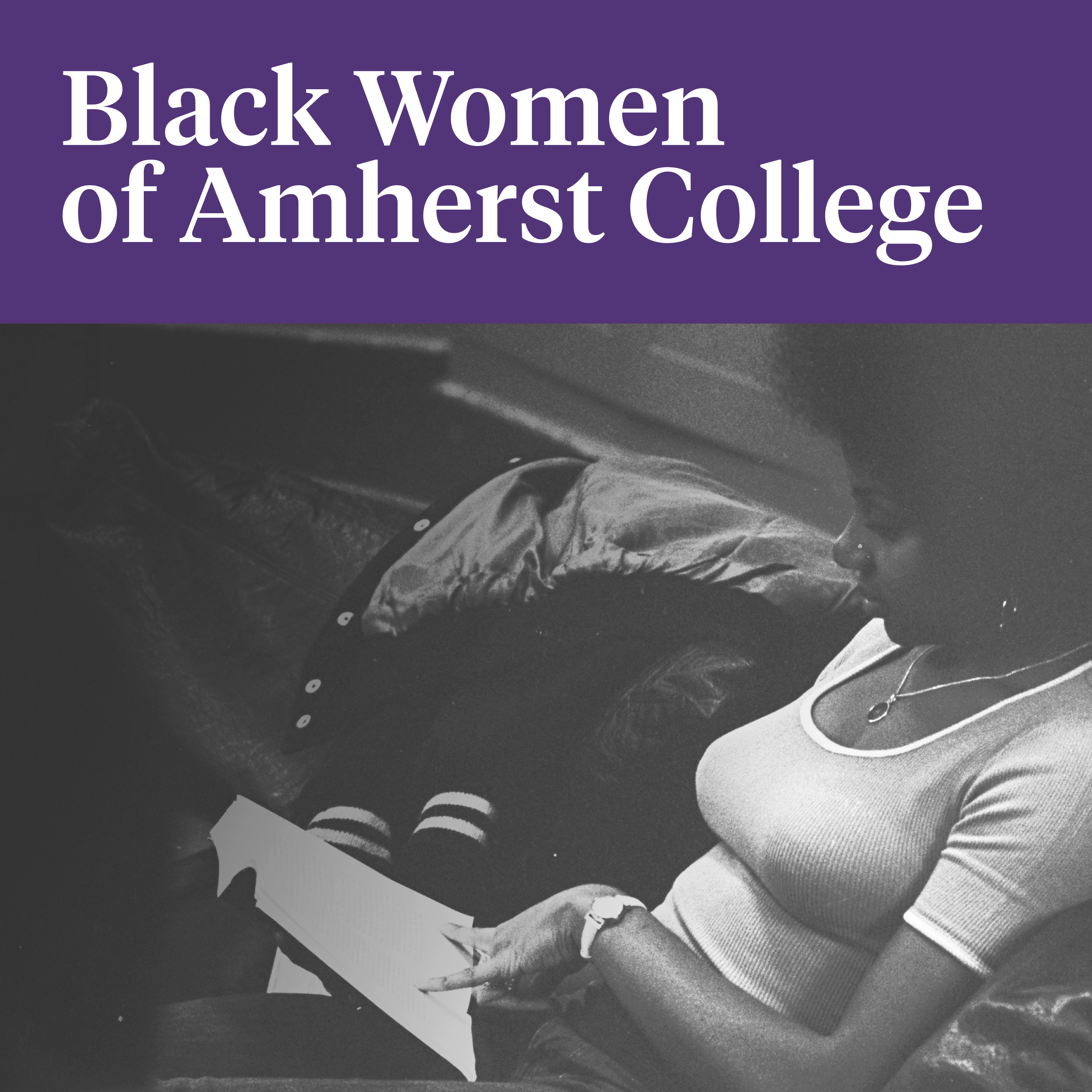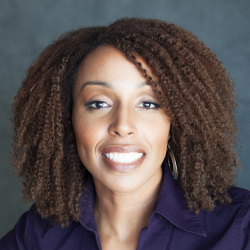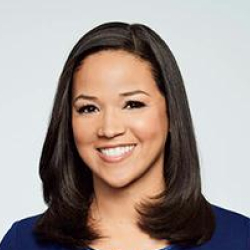Webby Awards


The International Academy of Digital Arts & Sciences has awarded the Black Women of Amherst Podcast two Webbys!
A Storytelling Project

Host: Nichelle S. Carr ’98
We, as Amherst College alumnae and students, are telling our stories to bridge historical and present-day experiences and to illuminate the accomplishments and wisdom of the Black women of Amherst College. We invite you to join us — listen to our six-part podcast series, hosted by Nichelle S. Carr ’98.
Inspired by the 1999 book of the same name by the late Mavis C. Campbell, a professor emerita of history at Amherst, this series is a project of Amherst College, in collaboration with WC1 Studios and Zeldavision.
Listen Now Wherever You Get Your Podcasts
Episodes

Dr. Kim Leary ’82, Amherst College
trustee emerita
Episode 1: 200 Years of Amherst College
Amherst College, the third oldest institution of higher learning in Massachusetts, is a private liberal arts college originally founded to train impoverished young men for the ministry. When the College went coed in the mid-1970s, the first Black female students encountered a campus that was not designed, built or ready for them.
Host: Nichelle S. Carr ’98

Professor Sonia Sanchez
Episode 2: Song of Sonia Sanchez
Sonia Sanchez, the poet, author, activist and scholar, arrived at Amherst in 1972 to build the Black studies department. Joining the College when it was still all-male, she was the first Black woman faculty member – a pioneer and revered mentor. Though Professor Sanchez voted for coeducation, she left Amherst before the first class of female students matriculated in 1975; her brief time at Amherst was marred by a traumatic event that forever changed Black life on campus.
Host: Nichelle S. Carr ’98

Laura Jarrett
Episode 3: Black Alumnae Speak, Part 1
This episode deconstructs stories of vulnerability, challenge, growth and joy from Black women who dared to be their authentic selves at Amherst.
Host: Nichelle S. Carr ’98; Co-host: Tene Adero Howard ’01

Ghenete “G” Wright Muir
Episode 4: Black Alumnae Speak, Part 2
This episode features more first-person narratives of self-discovery and self-realization at Amherst College that encompass the competing demands of academics, intersectionality, dating, the Black Student Union (BSU) and the financial aid office.
Host: Nichelle S. Carr ’98; Co-host: Tene Adero Howard ’01

Dr. Kellie Jones
Episode 5: Activism @ Amherst
Protest is in the DNA of Amherst College, and Black women have often led the charge to effect change on campus. The 1979 takeover of Converse Hall hastened the College’s divestment from apartheid-era South Africa; an unlikely protest held in Charles Drew House during the 1990s resulted in improved resources for STEM students; and the Black Lives Matter-inspired Amherst Uprising of 2015 helped seal the fate of “Lord Jeff” Amherst, the now-former unofficial school mascot named for the controversial mid-18th century commander of British colonial forces in North America.
Host: Nichelle S. Carr ’98

Biddy Martin, former president of Amherst College
Episode 6: The Next 200 Years of Amherst College
In conversation with Biddy Martin, former president of Amherst College
Biddy Martin, president of Amherst from 2011 to 2022, reflects on how the institution is working in earnest to become a more welcoming, equitable and inclusive place for marginalized students, one that tackles uncomfortable truths, celebrates triumphs and fully serves its next generations of Black women.
Host: Nichelle S. Carr ’98



